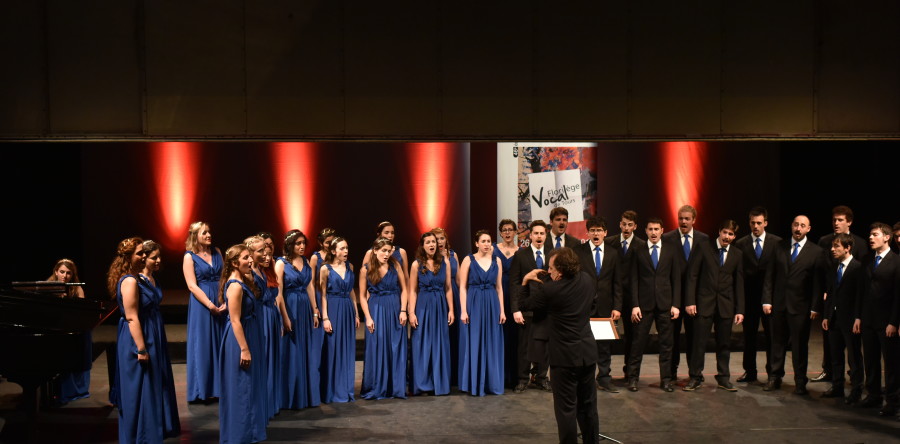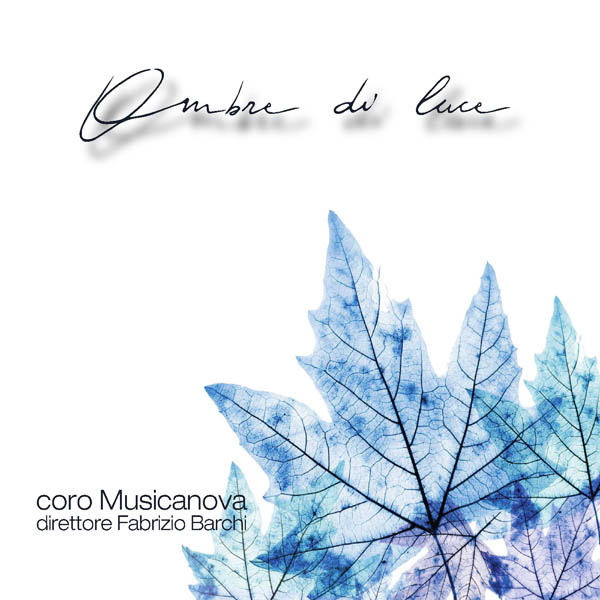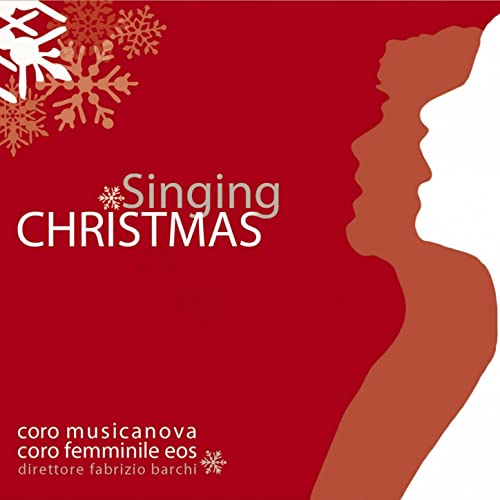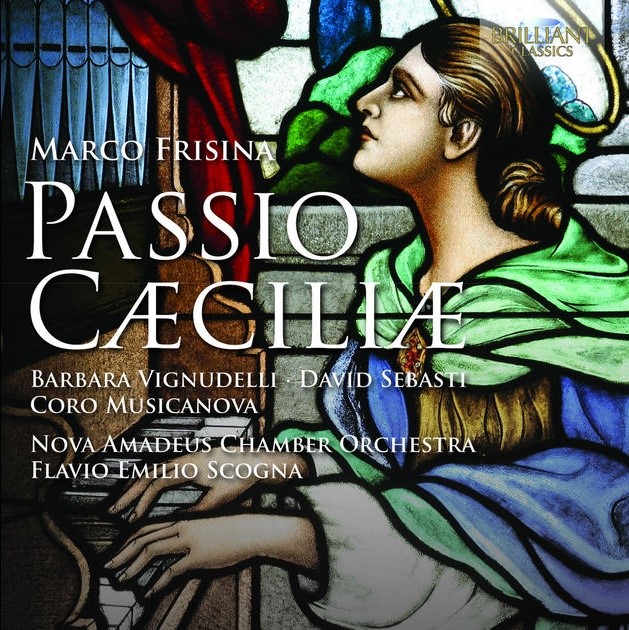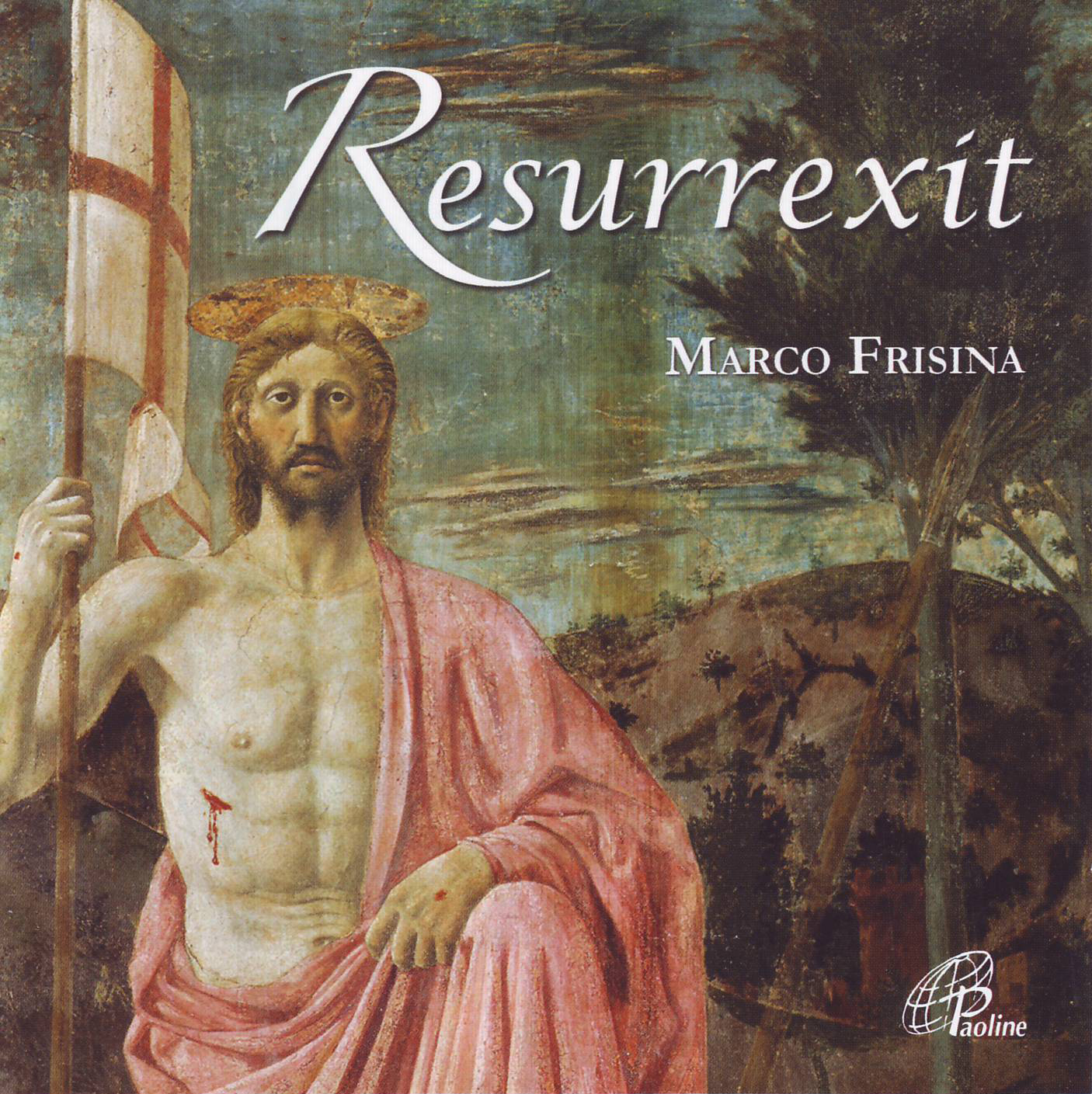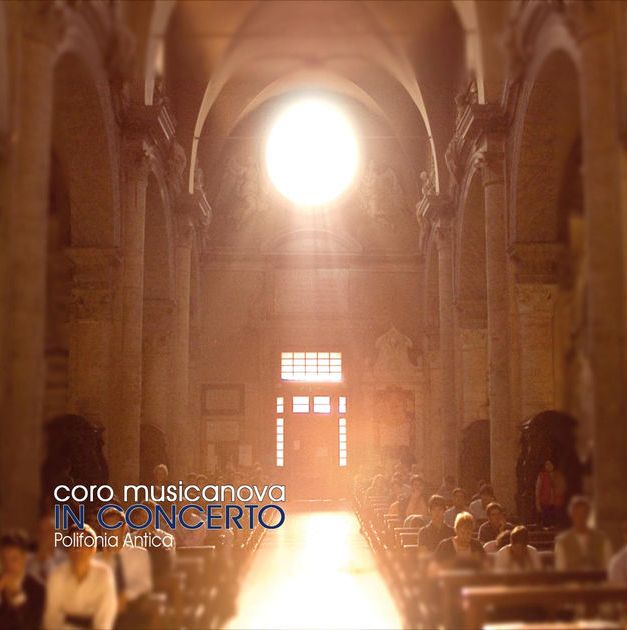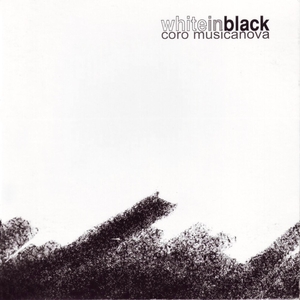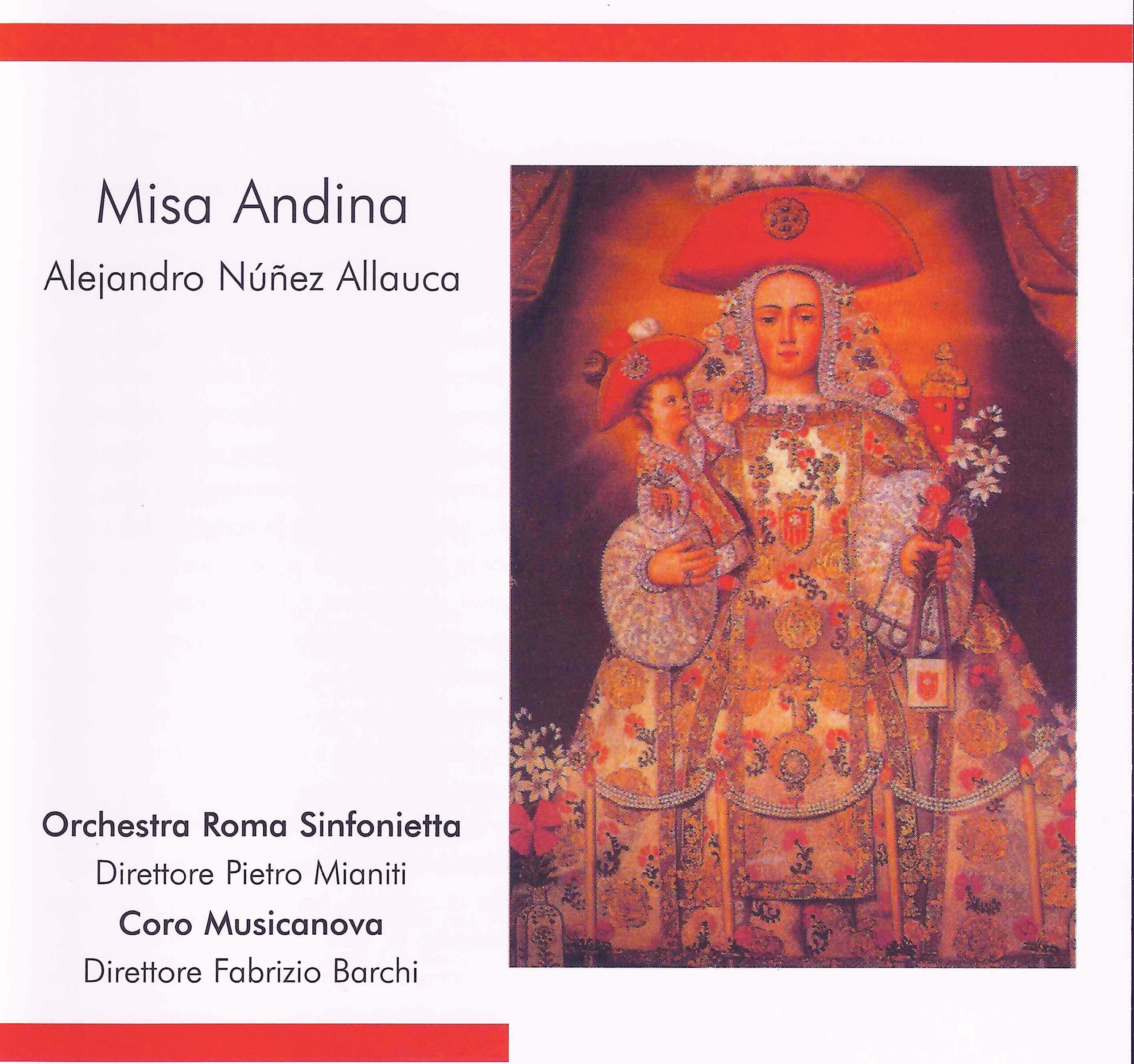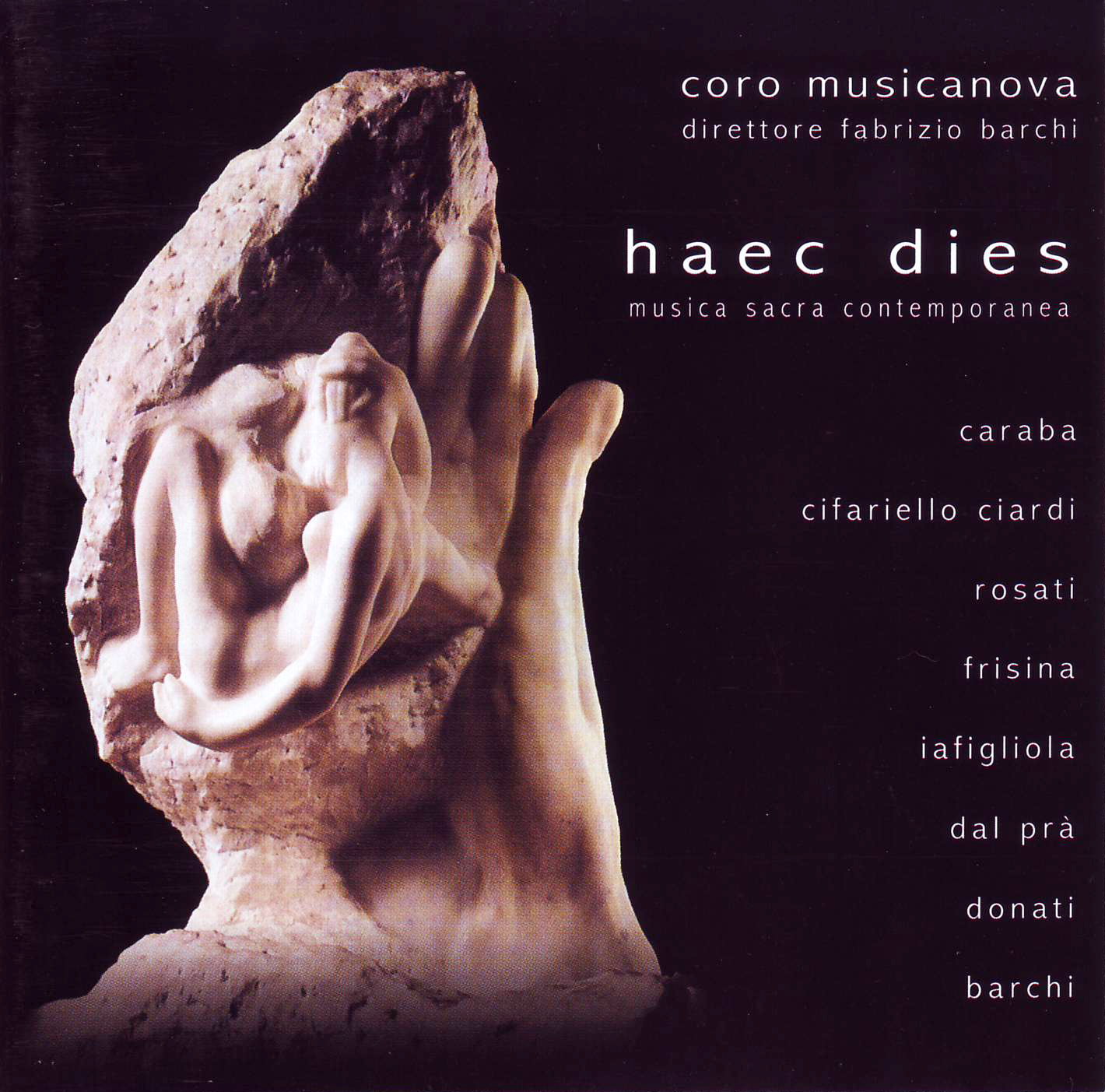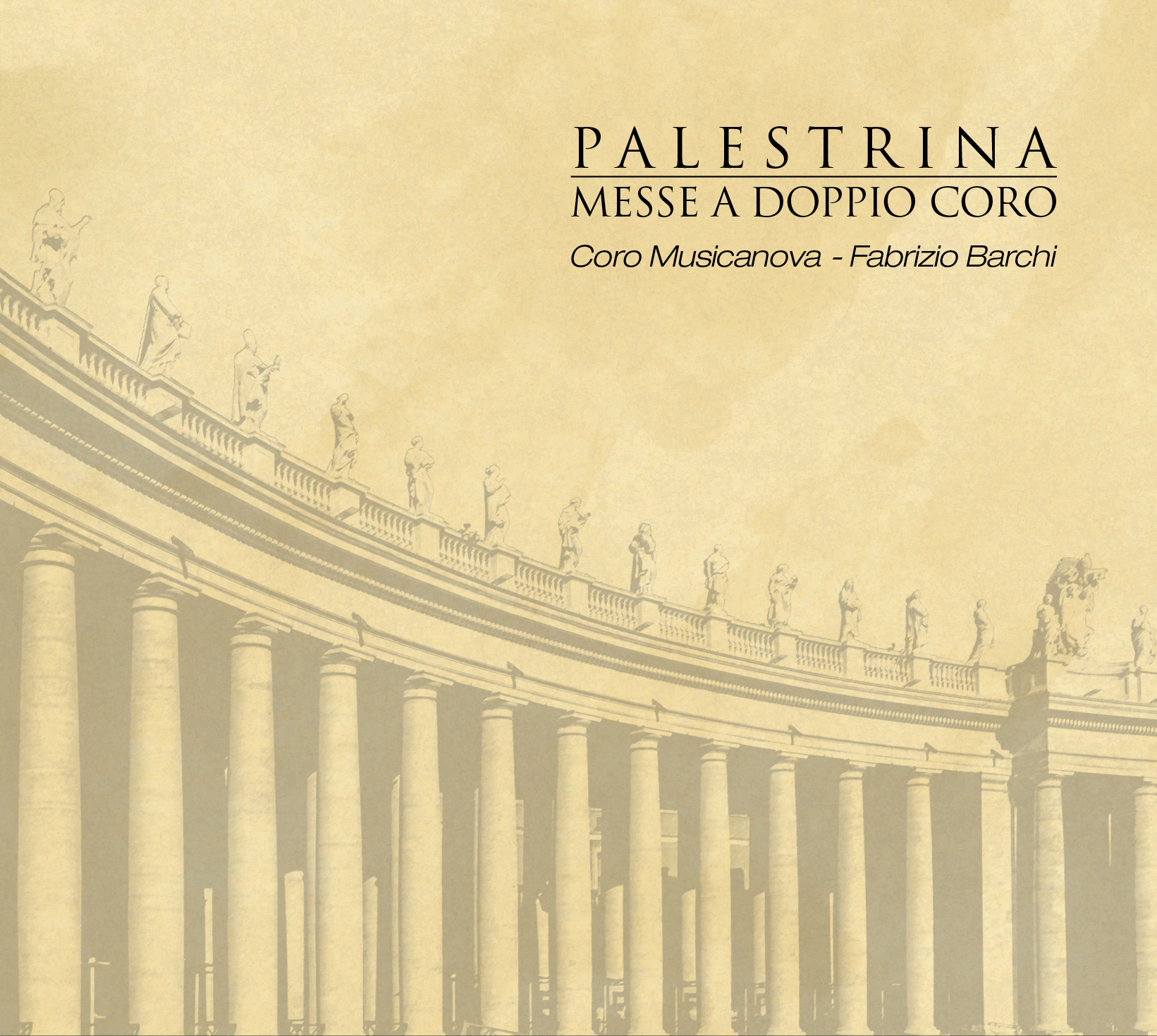Il concerto Policorale del prossimo 4 maggio vedrà riuniti il coro Musicanova, il coro InCantus e l’ensamble Nisi Vox nella splendida Basilica di Santa Croce in Gerusalemme a Roma. Dopo il primo concerto in celebrazione del ventennale dell’Associazione Musicanova, interamente dedicato al madrigale e al tema dell’amor profano, in questo appuntamento ci immergeremo in un’atmosfera spirituale e suggestiva grazie a un repertorio che esplora il fruttuoso rapporto tra la polifonia e il tema sacro. Il programma comprende anche il mottetto Deus misereatur di Orlando di Lasso, brano particolarmente amato dal coro Musicanova. Pubblicato a Venezia nel 1566 nella raccolta Sacrae cantiones liber quartus, il testo musicato è quello del Salmo 67 (66 secondo la numerazione di tradizione greca e latina). Il Libro dei Salmi, anche detto Lode o Salterio, è un testo databile intorno al III secolo a.C. contenuto nella Bibbia ebraica e nell’Antico Testamento della Bibbia cristiana. I suoi 150 capitoli, originariamente inni preposti alla narrazione fattuale della vita di Davide, vengono regolarmente utilizzati nella liturgia eucaristica e nella liturgia delle ore della Chiesa Cattolica. Di seguito la traduzione italiana del Salmo 67:
Al maestro del coro. Per strumenti a corda. Salmo. Canto
Dio abbia pietà di noi e ci benedica,
su di noi faccia splendere il suo volto;
perché si conosca sulla terra la tua via,
la tua salvezza fra tutte le genti.
Ti lodino i popoli, o Dio,
ti lodino i popoli tutti.
Gioiscano le nazioni e si rallegrino,
perché tu giudichi i popoli con rettitudine,
governi le nazioni sulla terra.
Ti lodino i popoli, o Dio,
ti lodino i popoli tutti.
La terra ha dato il suo frutto. Ci benedica Dio, il nostro Dio,
ci benedica Dio e lo temano tutti i confini della terra.
Senza avventurarci in una lettura teologica del testo, ci soffermiamo sul senso letterale della frase su cui si sviluppa l’intero tema della lode: «la terra ha dato il suo frutto». Il popolo ebraico, con espressioni di giubilo et timor dei, si affida completamente alla potenza divina capace di far fruttare l’avara terra di Palestina. Il salmo si configura dunque come preghiera di ringraziamento dopo il raccolto annuale, momento di esaltazione collettiva in cui la comunità ringrazia per l’avvenuto miracolo delle messi. Questa tipologia di testo è ascrivibile all’antichissimo filone della produzione linguistica di carattere pratico destinata ad accompagnare gli atti fondamentali della vita sociale: i riti religiosi, i lavori dei campi e le guerre. Manifestazioni preletterarie di carattere poetico legate all’agricoltura sono comuni a moltissimi popoli, come ad esempio alle origini della letteratura latina (753-241 a.C.), troviamo i Carmina Fratrum Arvalium, inni cantati dai sacerdoti Arvali (arva = campi) alle divinità agresti nella festa primaverile degli Ambarvalia (Semunis alterni advocapit conctos/ Invocate a turno tutti gli dèi delle sementi). Nel Salmo 67 un popolo – di agricoltori – canta a Dio e nel suo canto corale include tutte le manifestazioni della società umana (tutte le genti; i popoli tutti; le nazioni; tutti i confini della terra). Il testo si configura, e per contenuti e per occasione di composizione, come espressione di quel sentimento generato dallo stare insieme descrivibile come uno sciogliersi dei confini individuali. Nel mottetto Deus misereatur Orlando di Lasso riesce nell’operazione di suscitare questo stesso sentimento attraverso la propria musica. Nello specifico, c’è un momento particolarmente solenne alla fine del brano, quando tutte e 8 le voci del coro si riuniscono sui versi «Benedicat nos deus et metuant eum omnes fines terrae», in cui il sentimento di compartecipazione diventa incontenibile e produce tra i presenti proprio quella condizione che Emile Durkheim chiamava «effervescenza collettiva». In questi momenti agisce una forza che rapisce la coscienza del singolo e la fonde con quella degli altri, una forza straordinaria, non comune, che per Durkheim non può che avere natura sacra. Il sacro, sempre secondo Durkheim, non è un principio ma un “mondo” costituito dall’insieme multiforme delle cose sacre, un mondo vastissimo e dai confini in continua evoluzione, che si fonda sul principio secondo cui ogni credenza «unanimement partagée» sia sacralizzata. Non tutte le credenze del genere sono religiose, dunque il sacro è più ampio della religione. Nella sua opera Le forme elementari della vita religiosa (1912), il sociologo francese afferma che nei momenti di più intensa interazione sociale – la Rivoluzione francese, le feste legate al ciclo naturale dei campi – gli individui sperimentano la potenza della vita collettiva, come una vera e propria uscita da sé, e sono indotti a dare alla società il nome di Dio. Da questo fenomeno, detto di effervescenza collettiva, sembra dunque «être née l’idée religieuse».
Condividendo o meno le tesi di Durkheim, si deve riconoscere alla musica la capacità di evocare un potente sentimento di condivisione in chi ascolta e ancora di più in chi esegue. E il coro, in cui la pluralità delle voci si fonde letteralmente in un’unità fisica e armonica, è uno strumento d’elezione per la ricerca di questa condizione straordinaria.
Alessandra Grillo
The Polycoral concert on May 4 will bring together the Musicanova choir, the InCantus choir and the Nisi Vox ensemble in the splendid Basilica of Santa Croce in Gerusalemme in Rome. After the first concert in celebration of the twentieth anniversary of the Musical Association, entirely dedicated to madrigals and the theme of profane love, in this appointment we will immerse ourselves in a spiritual and evocative atmosphere thanks to a repertoire that explores the fruitful relationship between polyphony and the sacred theme. The program also includes the motet Deus misereatur by Orlando di Lasso, a piece particularly loved by Musicanova choir. Published in Venice in 1566 in the collection “Sacrae cantiones liber quartus“, the musical text is that of Psalm 67 (66 according to the numbering in the Greek and Latin tradition). The Book of Psalms, also known as the Book of Praise or Psalter, is a text dating from around the third century BC contained in the Hebrew Bible and in the Old Testament of the Christian Bible. Its 150 chapters, originally hymns dedicated to the factual narration of the life of David, are regularly used in the Eucharistic liturgy and in the liturgy of the hours of the Catholic Church. Below is the English translation of Psalm 67:
For the director of music. With string instruments. A psalm. A song.
May God be gracious to us and bless us
and make his face shine on us
so that your ways may be known on earth,
your salvation among all nations.
May the peoples praise you, God;
may all the peoples praise you.
May the nations be glad and sing for joy,
for you rule the peoples with equity
and guide the nations of the earth.
May the peoples praise you, God;
may all the peoples praise you.
The land yields its harvest;
God, our God, blesses us.
May God bless us still,
so that all the ends of the earth will fear him.
Without venturing into a theological reading of the text, let us dwell on the literal meaning of the phrase on which the entire theme of praise develops: “the land yields its harvest”. The Jewish people, with expressions of jubilation and fear of the gods, entrust themselves completely to the divine power capable of making the stingy land of Palestine bear fruit. The psalm is therefore configured as a prayer of thanksgiving after the annual harvest, a moment of collective exaltation in which the community thanks for the miracle of the harvest. This type of text can be ascribed to the very ancient genre of linguistic production of a practical nature destined to accompany the fundamental acts of social life: religious rites, work in the camps and wars. Pre-literary events of a poetic nature linked to agriculture are common to many people, such as the origins of Latin literature (753-241 BC), we find the “Carmina Fratrum Arvalium“, hymns sung by priests Arvali (arva = fields) to the rural gods in the spring feast of Ambarvalia (Semunis alterni advocapit conctos/ Invoke in turn all the gods of seed). In Psalm 67 a population – of farmers – sings to God and includes his choral song all the manifestations of human society (all peoples; all peoples; nations; all borders of the earth). The text is configured, in terms of content and occasion of composition, as an expression of that feeling generated by being together that can be described as the melting of individual boundaries. In the motet Deus misereatur, Orlando di Lasso succeeds in the operation of creating this same feeling through his own music. Specifically, there is a particularly solemn moment at the end of the piece, when all 8 voices of the choir gather on the verses “Benedicat nos deus et metuant eum omnes fines terrae“, in which the feeling of sharing becomes irrepressible and produces among those present exactly that condition that Emile Durkheim called “collective effervescence”. In these moments a force acts and kidnaps the conscience of the individual and merges it with that of the others, an extraordinary force, uncommon, which for Durkheim can only have a sacred nature. According to Durkheim, the sacred is not a principle but a “world” made up of the multiform set of sacred things, a vast world with constantly evolving boundaries, which is based on the principle that every belief “unanimement partagée” is sacralized. Not all beliefs of this kind are religious, so the sacred is wider than religion. In his work The Elementary Forms of Religious Life (1912), the French sociologist states that in moments of intense social interaction – the French Revolution, the feasts linked to the natural cycle of the fields – individuals experience the power of collective life, as a real detachment from themselves, and are led to give society the name of God. From this phenomenon, called collective effervescence, it seems therefore “être née l’idée religieuse“.
Whether or not we share Durkheim’s theses, we must recognize the music’s ability to evoke a powerful feeling of sharing in those who listen and even more in those who perform. And the choir, in which the plurality of voices literally merges into a physical and harmonic unity, is an instrument of choice for the search for this extraordinary condition.
Alessandra Grillo

